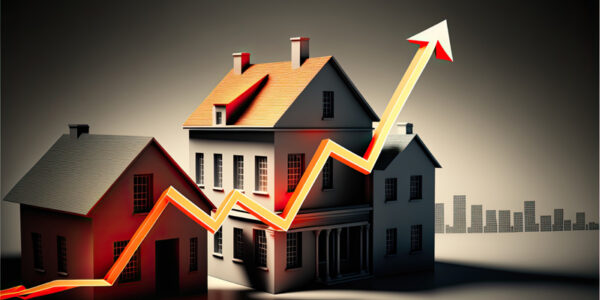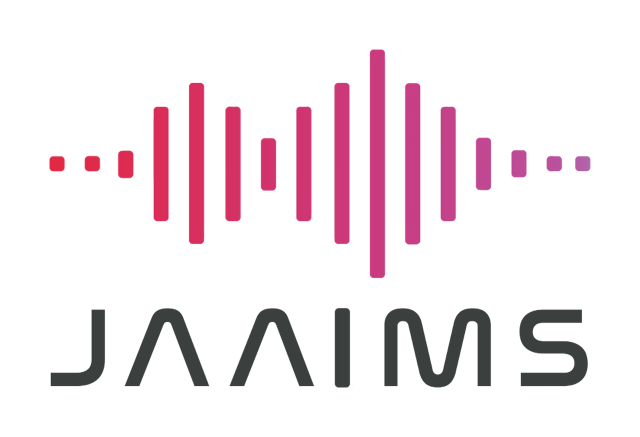We love to invest in companies that appear to be ‘doing good’ for the world, but to see past the greenwashing, you need to know the red flags.
Ethical investing, also known as responsible or sustainable investing, is one of the driving forces behind how we choose to invest today. We want to build personal wealth but not at the expense of the environment or society at large.
Coal isn’t cool, tobacco is whacko, and palm oil is problematic. Human rights abuses? No thanks. Board directors with shady histories? Get in the bin.
Many investors are now putting their money where their mouths are and expect companies to do the same. The stats don’t lie: responsible investment assets are growing 15 times faster than the overall professionally managed investment market, according to recent research from the Responsible Investment Association Australasia (RIAA). It’s now said to be a trillion-dollar industry, and the market for ethical investments is only growing.
“Companies that get ESG [Environmental, Social and Governance] right are going to be the good performers into the future,” says Tui Eruera, founder and CEO of AI investing app Jaaims. “The people that don’t meet the ESG, they’re the ones that will be catching up.”
Why ESG matters
Companies are given ESG ratings by investment firms that indicate to us – their prospective and current shareholders – just how they’re positively or negatively addressing issues like climate change, pollution and waste, workplace and community health and safety, and transparent corporate governance.
That way, we can make decisions based on how a company is performing against competitors in its industry. You will see some tech companies like Microsoft, Salesforce and Adobe ranking highly. Microsoft, for example, is recognised for its energy management, risk management and employee engagement (through diversity and inclusion).
But ESG reporting can be a maze of confusion. There’s no single source of truth, making it difficult for the average investor to get the full picture of a company’s ethical credentials.
“ESG is still a very grey area,” says Tui. “We are reliant on companies reporting to us what they’re doing, and it’s very hard to get underneath the shell and actually understand if it’s factual or not.”


Tui Eruera, Founder and CEO of Jaaims. Image: Supplied.
So what can we do to make sure the stocks and ETFs we’re buying aren’t just full of hot air? Here are some actionable tips:
Tip #1: Exclude ‘sin stocks’ and underperformers
It’s called negative screening, which excludes particular sectors, countries and securities from your investment portfolio based on specific ESG criteria. On an investing app like Jaaims, you can select the ‘Sustainability’ tab and instantly review ESG ratings and risk activities to inform your decisions.
“We try to collate all the information and educate our users on what we are seeing,” says Tui. “We work with a company called Sustainanalytics. We incorporate their data into our platform and our customers can decide if they want to exclude risk sectors like nuclear, tobacco, alcohol, or they can also decide if they actually just want to exclude underperformers.
“So, using the ESG tools within the app, you can then customise what sectors and what risk factors that you will tolerate in an ESG environment and what you won’t.”
Tip #2: Go proactive, not reactive
This is called positive screening. It’s about intentionally investing in businesses or sectors with higher ESG rating than their peers or a company that’s directly addressing ESG through technology, for example, electric vehicles.
“A lot of companies are reactive in understanding their ESG. They’re not proactive,” Tui explains. “The best way to understand current concerns is talking to your peers. And then once you understand these new concerns, you start researching what that company is doing to meet them because companies are really good at telling you something in the past, but not what’s happening in the future.”
Fossil fuel companies are particularly good at telling us they’re making changes to transition to renewable energy, while still keeping up operations that harm the environment. It’s a phenomenon known as “greenwashing” – more on that soon.
Tip #3: Go Sherlock Holmes on the reports
If you really want to catch a company in the act of greenwashing, put your magnifying glass on their reports, says Tui.
“The best way to understand greenwashing is look at companies’ annual reports,” he explains. “But don’t look at the recent one – look at the ones from five, six years ago, and look at each one up until today’s date. And what you’ll generally find is things that they were promoting five years ago, all of a sudden might be an ethical factor.”
Tip #4: Try AI investing to cut through the greenwash
If you don’t have the time or energy to sift through all those reports (hands up, all?), try a platform with an algorithm that will do the thinking for you. Jaaims uses artificial intelligence to analyse more than 10 million pieces of data daily from 250+ different data points to derive their stock recommendations.
“The biggest thing that investors struggle with is obviously the mental control and that ability to know when to buy and sell,” Tui shares. “And so with AI technology, it doesn’t have that bias. It purely looks at data and makes a decision based on that data. From a personal investor point of view, I love to be able to remove that bias from my mind when I invest, but I know I can’t do that. So this technology’s very exciting for us.”
In the realm of ethical investing, AI helps to remove the subjective evaluations we make that can be easily influenced by greenwashing. It’s purely about the ESG criteria you select and the data that’s pulled.
To give it a try, head to jaimsapp.com and join for free.
Curious? Read our road test:
ROAD TEST: ‘I tried AI investing to see if it actually works. Here’s what I learned.’
This article is brought to you by Your Money & Your Life in partnership with Jaaims.
The information above is intended to be general in nature and is not personal financial product advice. Before acting on any information, you should consider the appropriateness of the information provided and the nature of the relevant financial product having regard to your objectives, financial situation and needs. You should seek independent financial advice prior to making an investment decision in relation to a financial product (including a decision about whether to acquire or continue to hold). Pinstripe Media and Jaaims are not liable for any loss incurred by use of or reliance on the information.






























Trending